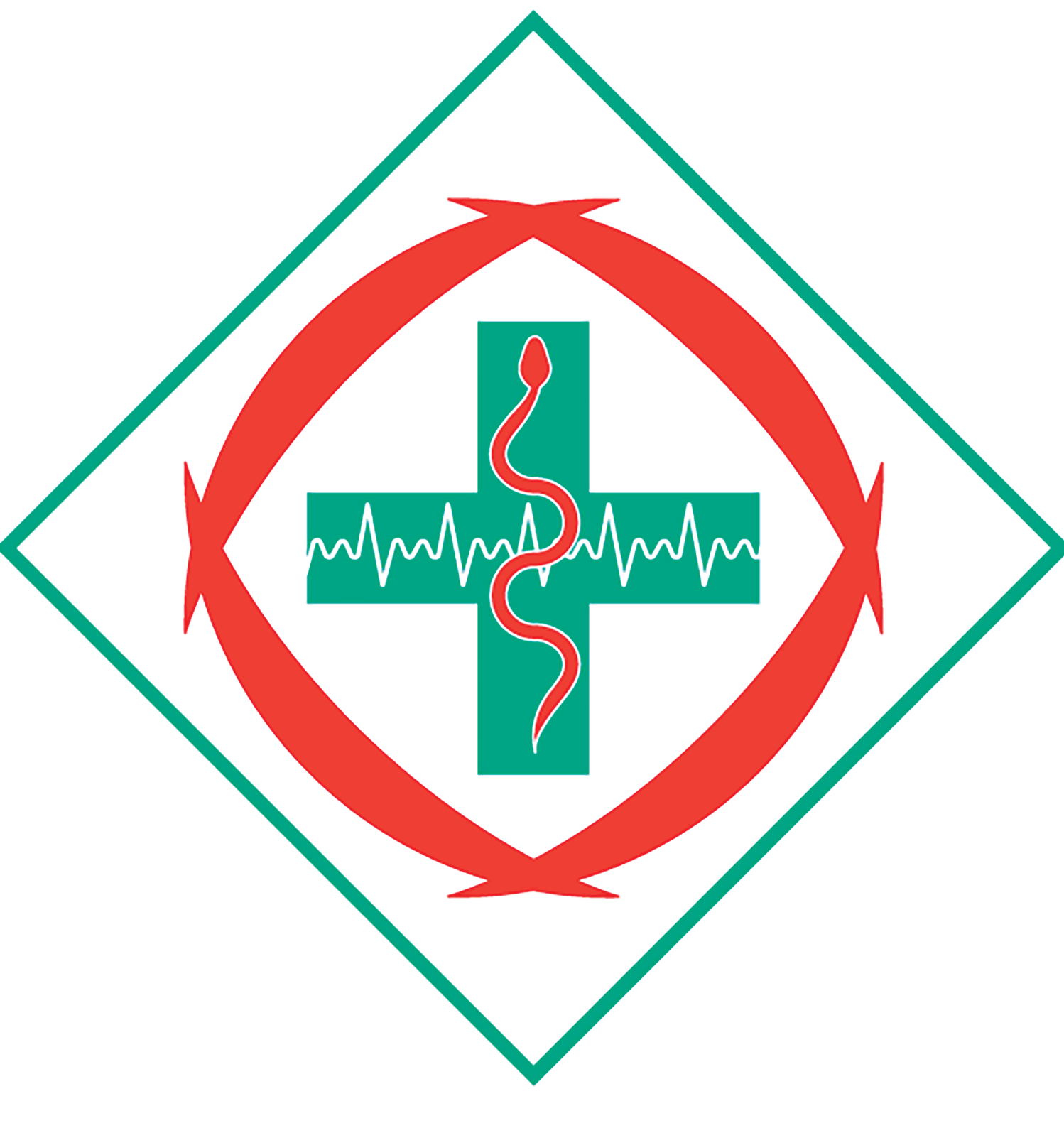I HAVE personally known only a handful of centenarians, a couple of whom were my patients.
None was overweight, let alone obese.
One of them told me the secret of his longevity. And by longevity I mean living a long time in good health. He summed up the secret by saying simply: “I eat to live and not live to eat.”
On a regular basis I try to pass this wisdom on to some of my more well-nourished patients. As usual there are many excuses, though I recognise that the concept is a bit more complicated than that.
However, a recurring excuse among overweight patients is the difficulty escaping from the phenomenon that was aptly referred to recently as food porn (“‘Food porn’ linked to obesity”, MO, 29 May).
Apart from the abundant availability of cheap junk food, the aggressive advertising in all mass media, not only on TV, appears to be a major factor in this regard.
You cannot escape prime time on TV these days without seeing different versions of MasterChef and Iron Chef and their various spin-offs on several channels simultaneously. On commercial channels even toilet breaks are filled with ads for food.
In other words, apart from the abundance and availability of food 24 hours a day, it is the pervasiveness of food porn that seems to be a major driving factor in prompting some people to eat (and drink) continuously and sometimes unnecessarily.
So food has become an industry, and accordingly it has a huge industrial lobby of its own. Reportedly it is even more powerful than the tobacco industry, and we all remember how long it took — and how much effort — to merely pass plain-packaging legislation for cigarettes.
It is recognised, like many things in this sphere of health, that it is partly nature and partly nurture that ultimately determines the outcome of our overindulgence and therefore our health, and that we can only change things influenced by the nurture side of the equation.
However, it is hard to deny our eating habits are affected by our lifestyles.
In turn these are directly shaped by our personalities, formed by our early family upbringing and later in school and the society we grow up and live in.
Most of these factors ultimately hinge on our education and our culture, which is then in turn affected by the food industry’s food porn, among other things.
And the cycle goes on.
What is happening, therefore, if allowed to be continued unabated, is a never-ending cycle of bad habits.
This is further encouraged by an irresponsible industry leading to ill health and shorter lifespans.
Of course the lifespan per se may not be considered as important for health planners as the cost of keeping the population in good health.
Quality of life as a reflection of quality of health is being allowed to be manipulated directly by the food industry. This is short-sighted, no matter how many lobbyists argue otherwise, and how many politicians allow this to go on in the name of encouraging economic activity.



